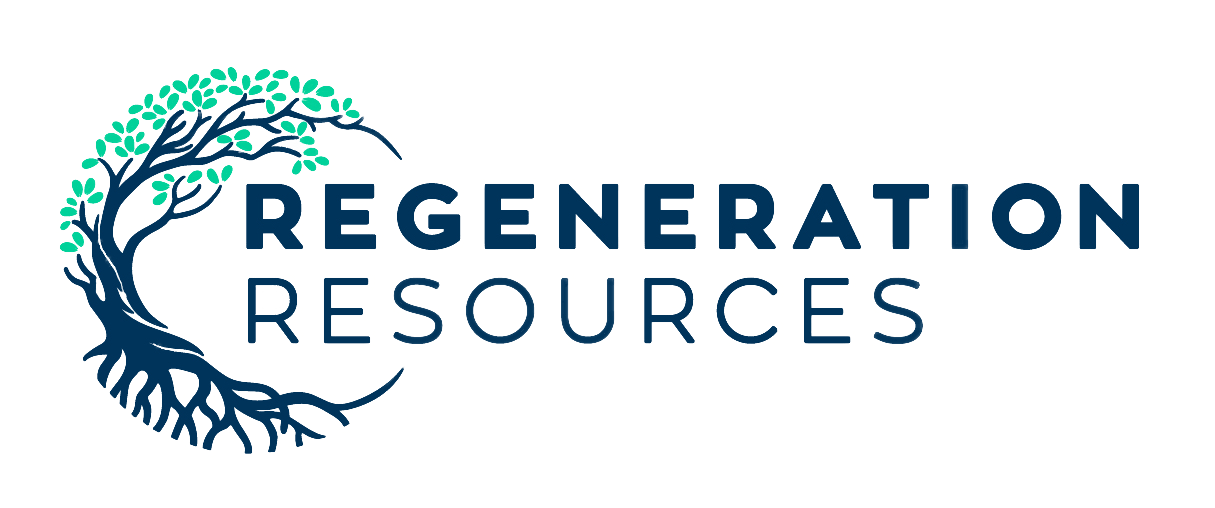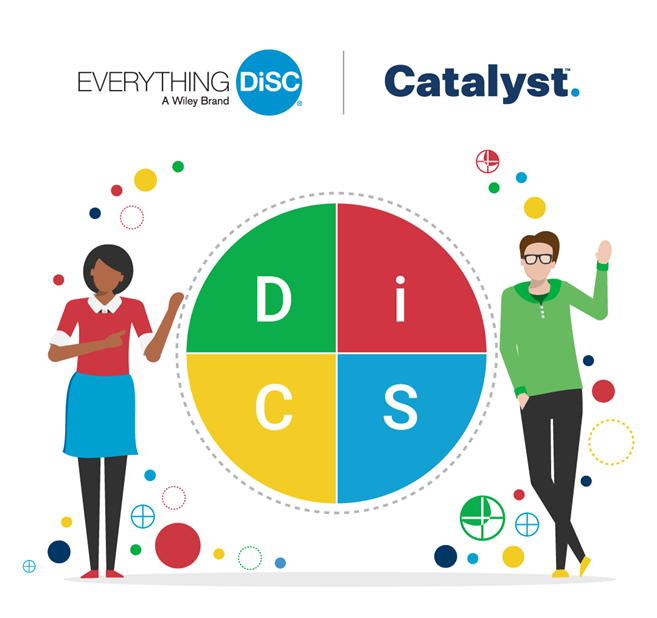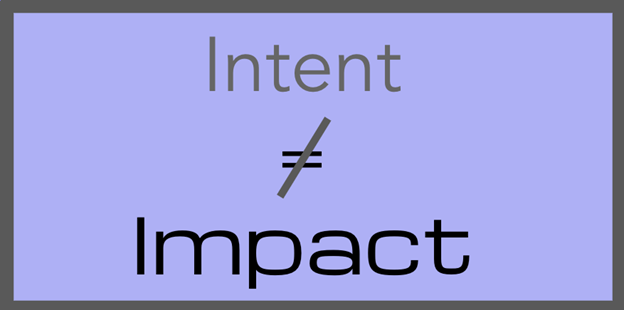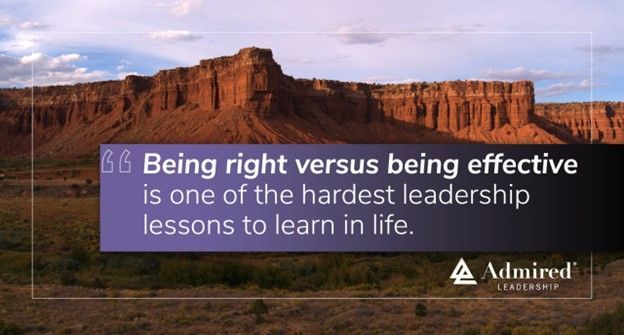Why "I" Statements Sometimes Don't Work
Moving Beyond "I Statements": A Conflict Management Technique

“I” statements are commonly taught in communications trainings as a way to communicate feelings without blaming the other person. The formula is usually stated as, “I feel (name emotion), when you (describe behavior)”. Sometimes a request is added onto the statement.
While sometimes useful, this formula can be just a more sophisticated way of blaming the other person. Here are four reasons “I” statements sometimes don’t work.
1. After we say, “I feel”, we often don’t express a feeling. For example, “I feel this is stupid”, or “I feel like you don’t care”, or “I feel you lack some skills to do the job” are not feelings—they are judgements. Other judgments we might confuse with emotions are: “I feel betrayed”, or “I feel misunderstood”. Saying “I feel betrayed” is really saying, “You betrayed me”. The feeling underneath this statement (perhaps anger or hurt) are not communicated.
2. Often “descriptions” of the other person’s behavior are subjective evaluations or judgments. For example, “When you leave the kitchen a mess . . .” is an evaluation/judgement. But “When you don’t wash your breakfast dishes . . .” is an observation neutrally stated.
3. When we use “I” statements the focus is on our feelings. We own that it is our problem. No one can make us feel anything. By accepting that our feelings are our own problem, we make it less likely that others will become defensive. When we think others are responsible for our feelings, they get defensive.
4. Effective use of “I” statements assumes the other party cares about our feelings both in general and at this moment in time. If they are feeling stronger feelings than we are they may not be able to listen to our feelings at this moment. If that is the case, acknowledging their feelings will be more effective than stating your feelings.
If “I” statements are to be effective, we need to not blame others for our feelings and communicate skillfully. Only then is this an effective communication tool.
See our
video on the same topic
See other relevant blogs/vlogs:
Emotional Intelligence as a Key to Conflict Management
Learn more about our conflict management and team building work.
Every few months I produce a free newsletter. No Spam. Unsubscribe anytime.
For a taste, view the archives
SUBSCRIBE
Thank you for contacting us. We promise not to Spam you and we'll get back to you as soon as possible.
Please try again later.
Blogs and vlogs are sorted by topic at the bottom of each service page
STRATEGIC PLANNING
CHANGE MANAGEMENT
CONFLICT MANAGEMENT
TEAM BUILDING
ASSESSMENTS
EXECUTIVE COACHING
IMPROVING EFFICIENCY
BOARD DEVELOPMENT
See the world as you want it to be and learn how to make it that way.
802-251-0048
Brattleboro, VT 05301
QUICK LINKS
SERVICES
SUBSCRIBE
Thank you for contacting us. We promise not to Spam you and we'll get back to you as soon as possible.
Please try again later.




